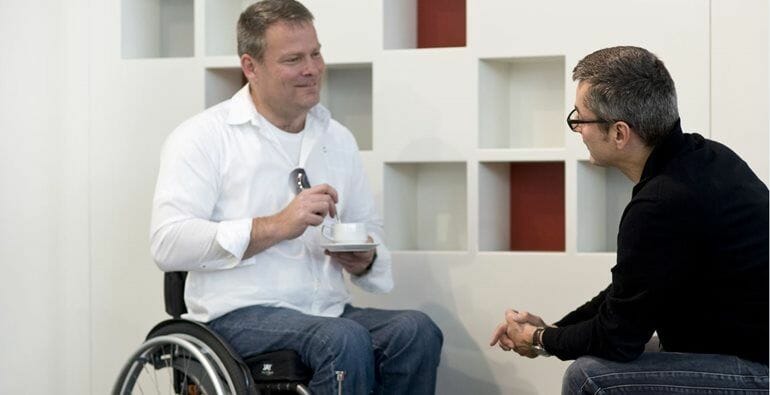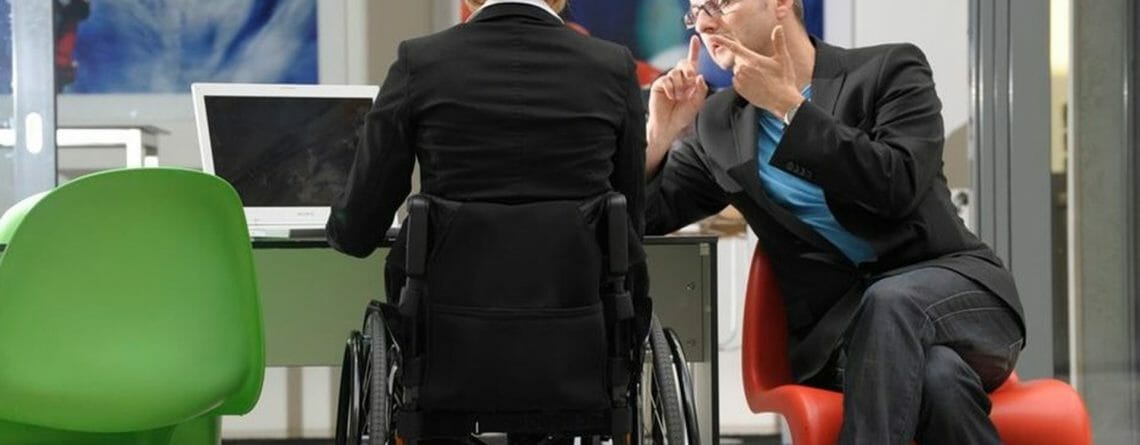Tax concessions in the event of civil disability
For citizens with civil disabilities, the Italian State has established a series of rights e progressive benefits based on the degree of disability , expressed in percentage points.
Incentives can be economic, for example through a monthly care allowance, or work-related, such as targeted placement.
As for economic incentives, they are generally offered as tax breaks.
For the instruction of the practice goes first the invalidity application forwarded to INPS, after which a special medical commission will recognize the percentage of disability to be assigned and on the basis of this it will be possible to access benefits such as the exemption from payment of certain taxes, or access to economic benefits related to the education, housing, health sector or to the acquisition of tools to increase mobility.
In addition to degree of disability, other aspects such as age and other personal factors intervene to establish the other entity of the benefit, therefore each case must be evaluated individually.
The main tax benefits associated with disability are:
- Related to personal income tax (IRPEF)
- Concerning vehicles and road tax
- Relating to technical and IT aids
- Concerning health costs and personal assistance
Up to now, reference has been made to Tax concessions for people with disabilities published by the Revenue Agency, updated to 2017, planned for:
Dependent children
For each handicapped child fiscally charged the following personal income tax deductions are foreseen:
1.620 Euros, if the child is under the age of three
1.350 Euros, for a child aged three or over.
With more than three dependent children the deduction increases by 200 Euros for each child starting from the first. These deductions are granted on the basis of the total income owned, their amount decreases with the increase of income, canceling in the case of total income equal to or greater than 95.000 euros.
In the case of separated parents it is possible to divide the deduction to 50%, or choose to attribute all the deduction to the parent with the highest income.
vehicles
Vehicle concessions affect the following categories:
- Blind and deaf, people affected by absolute blindness or with residual vision not exceeding 1/10 in both eyes with possible correction;
- Disabled people with psychic or mental handicaps, holders of accompaniment (serious handicap situation);
- Disabled people with severe limitation of the ability to walk or suffering from multiple amputations, involving a permanent limitation of walking;
- Disabled people with reduced or impaired motor skills. For the latter, the right to benefits is conditional on the adaptation of the vehicle.
The tax breaks on vehicles consist of:
- Irpef deduction of 19% of the expenditure incurred for the purchase;
- 4% discounted VAT on the purchase;
- Car tax exemption;
- Exemption from the registration tax on transfer of ownership.

Other technical and IT aids and aids
The following benefits are provided:
- Irpef deduction of 19% of the expenditure incurred for technical and IT subsidies;
- 4% reduced VAT for the purchase of technical and IT aids;
- Deductions for the costs of purchasing and maintaining a guide dog for the blind;
- Irpef deduction of 19% of the expenses incurred for interpreting services for the deaf.
Deduction for the removal of architectural barriers
An income tax deduction is envisaged for the expenses incurred for the implementation of the interventions aimed at the removal of architectural barriers.
This deduction cannot be exercised together with the deduction of 19% relating to health costs for the means necessary to lift the disabled person.
Healthcare expenses and personal assistance
With regard to health care expenses, there is a deduction from the total income of the entire amount of general medical expenses and specific assistance.
Regarding personal assistance costs, we have instead:
- Deduction from the total income of the social security contributions (up to the maximum amount of 1.549,37 Euro) paid for domestic services and personal or family assistance staff
- Irpef deduction of 19% of the expenses incurred for personal assistance staff, to be calculated on a maximum amount of 2.100 Euros, with an income not exceeding 40.000 Euros. The deduction can only be granted to people deemed "non self-sufficient", or in possession of a proven medical certificate attesting the inability to carry out elementary actions from personal hygiene to wearing clothing, and therefore requiring continuous surveillance.
These facilities refer to the law 104, published as early as 1992, protecting the rights of people with disabilities. However, from 2019 there will be some changes.
The total personal income limit for retaining a taxable person, gross of the reducible charges and the deduction for the main home and appurtenances, is Euro 4.000 up to 24 years and then to Euro 2.840,51 from 25 years onwards. .


